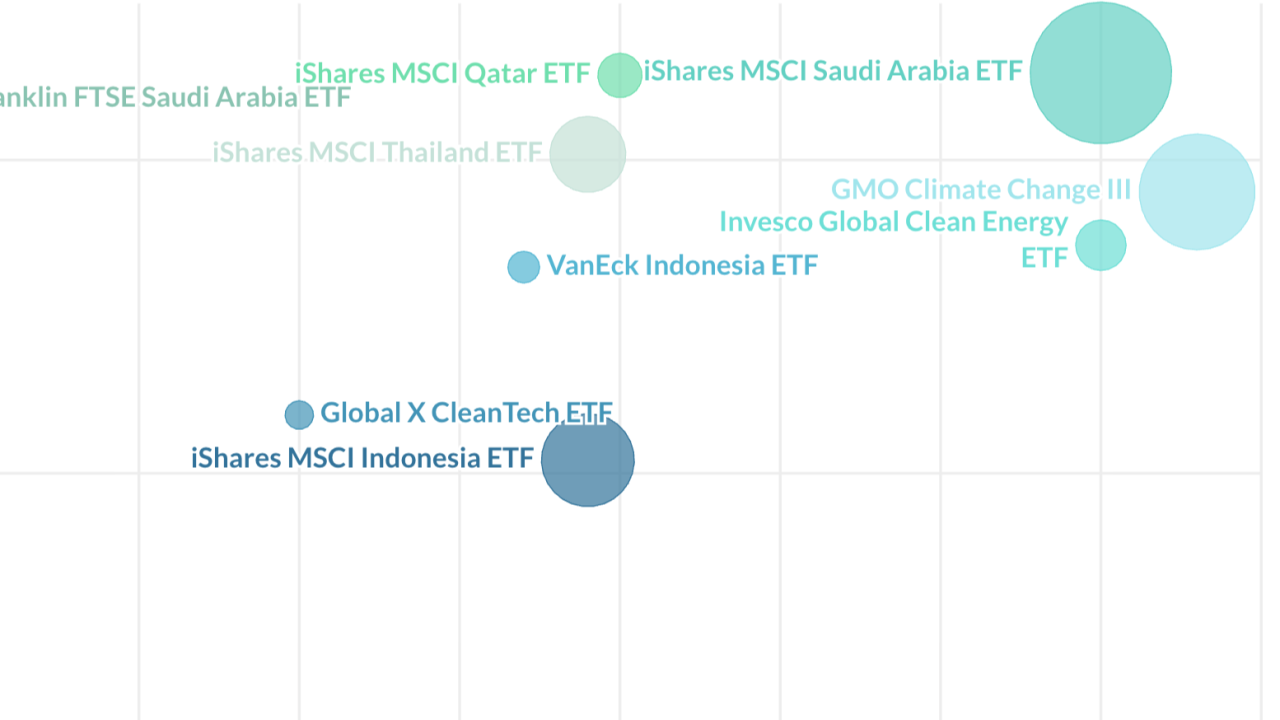(Bloomberg) -- Third Avenue Management, which halted redemptions in a distressed-debt fund last month after losses and withdrawals, was sued by an investor who said the firm failed to maintain adequate liquidity despite signs the fixed-income market was increasingly volatile.
William Engel, a Vermont resident who owned shares of the Focused Credit Fund, claims the firm failed to comply with its "most fundamental and basic duty -- to manage and maintain sufficient liquidity for the fund to stay open and in business." He seeks $500 million in restitution and damages.
The New York-based firm closed the $788.5 million fund in December, after losses and investor withdrawals left it unable to meet obligations without selling assets at fire-sale prices. The closure triggering a sell-off in high-yield bonds amid fears that a collapse in the speculative-grade market could spread.
Investors withdrew an estimated $720 million, or almost 13% of total assets, from the firm’s four equity mutual funds in December, according to data compiled by Bloomberg.
The suit was filed in New York State Supreme Court in Manhattan. Daniel Gagnier, a spokesman for Third Avenue with Sard Verbinnen, declined to comment on the suit.
LIQUIDITY MANAGEMENT
Investors have increasingly sought redemptions from fixed- income funds over the past 2 1/2 years as markets have been increasingly volatile, and the firm should have managed liquidity to prevent such a crisis from occurring, Engel said in his suit.
The firm "knew or should have known that the fund and its sector faced increased demands for redemption, and that there was increasing illiquidity in the fixed income markets in which the fund’s assets traded," said Engel, who asserts that his fund and its investors will suffer losses of more than $500 million.
Third Avenue was founded in 1986 by prominent value investor Martin Whitman. The firm oversaw $26 billion in 2006, but has been shedding assets since before the financial crisis amid poor performance and an exodus of managers. It managed $6.3 billion as of Dec. 31, down from $8 billion as of Sept. 30. The firm received SEC approval on Dec. 16 to temporarily suspend shareholder withdrawals.
The suit comes after shareholders of the $8.3 billion Sequoia Fund sued over its stake in Valeant Pharmaceuticals International, saying the investment deviated from the firm’s principles and policies and caused it to lose $2 billion.





